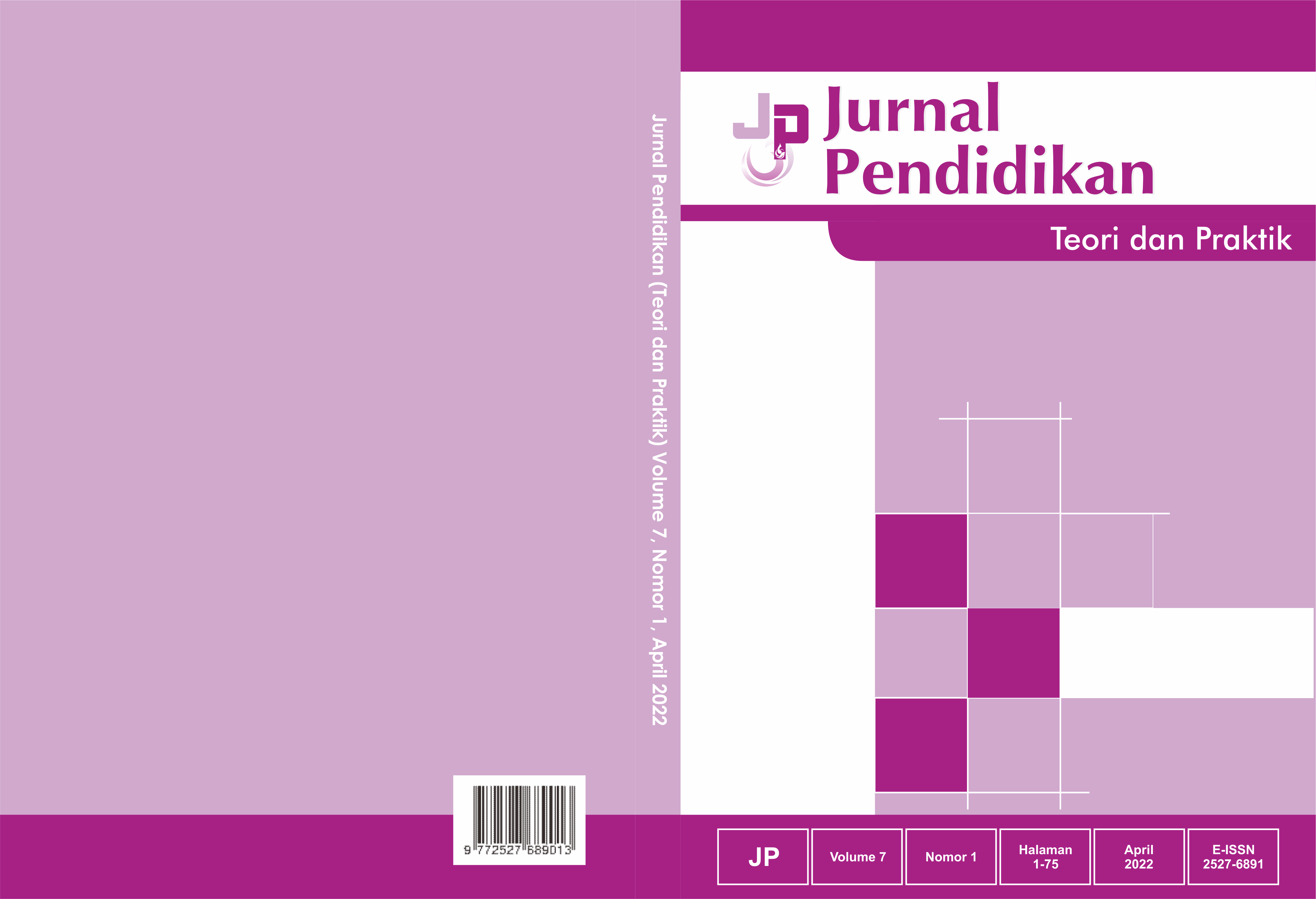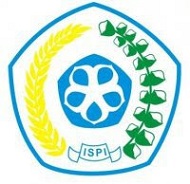THE EFFECT OF THE QUANTUM TEACHING MODEL ON THE SCIENCE PROCESS SKILLS OF CLASS V ELEMENTARY SCHOOL STUDENTS
DOI:
https://doi.org/10.26740/jp.v8n2.p120-128Keywords:
Quantum teaching, Science Process Skills, Elementary SchoolAbstract
This research is a quasi-experimental study with the form of nonequivalent control group design which was conducted to determine the effect of the quantum teaching learning model on the science process skills of fifth grade elementary school students with the concept of heat transfer. The number of samples was 34, with the experimental class applying the quantum teaching model namely fifth grade students at SDN 216 Dualimpoe 17 people, and the control class applying direct learning coming from fifth grade students at SDN 54 Dualimpoe totaling 17 people. The results of the descriptive analysis of experimental class students obtained an average KPS posttest score of 68.12 with an n-gain score of 0.54 in the medium category. While the control class got an average KPS posttest of 48.29 and an n-gain score of 0.21 in the low category. For the results of inferential analysis after passing the prerequisite test, the hypothesis test using the t-test obtained a sig value. is 0.000 <0.05 and the t value is 15.802> 2.1199 t table so it can be concluded that there is an effect of the quantum teaching model on science process skills for elementary school students on the concept of heat transfer
References
Amna Emda. (2017). Kedudukan Motivasi Belajar Siswa dalam Pembelajaran. Lantanida Journal, 5(2).
Deporter, B. (2010). Quantum Teaching. KAIFA.
Kencana Sari, F. F., Kristin, F., & Anugraheni, I. (2019). Keefektifan Model Pembelajaran Inquiry dan Discovery Learning Bermuatan Karakter terhadap Keterampilan Proses Ilmiah Siswa Kelas V dalam Pembelajaran Tematik. JPDI (Jurnal Pendidikan Dasar Indonesia), 4(1), 1. https://doi.org/10.26737/jpdi.v4i1.929
Khamidah, N., Winarto, W., & Mustikasari, V. R. (2019). Discovery Learning : Penerapan dalam pembelajaran IPA berbantuan bahan ajar digital interaktif untuk meningkatkan prestasi belajar siswa. JIPVA (Jurnal Pendidikan IPA Veteran), 3(1), 87. https://doi.org/10.31331/jipva.v3i1.770
Ramadhan, T., Arifuddin, M., & Mastuang, M. (2021). Pengembangan Bahan Ajar Model Quantum Teaching pada Materi Fluida Statis untuk Melatih Keterampilan Proses Sains Siswa. Jurnal Ilmiah Pendidikan Fisika, 4(3), 99. https://doi.org/10.20527/jipf.v4i3.2058
Subakthi Putri, I. P., Dantes, N., & Suranata, K. (2020). Model Pembelajaran Quantum Teaching Tipe TANDUR Berbantuan Permainan Tradisional Terhadap Hasil Belajar IPA. Jurnal Ilmiah Sekolah Dasar, 4(2), 186. https://doi.org/10.23887/jisd.v4i2.25137
Sulistyaningsih, D. (2018). PENGARUH MODEL QUANTUM TEACHING TIPE TANDUR BERBASIS MULTIPLE INTELEGENCE TERHADAP KETERAMPILAN PROSES PEMBELAJARAN IPA. 109.
Wahidurahman, N., Kartono, & Hadiyah. (2018). Penerapan model pembelajaran Quantum Teaching untuk meningkatkan keterampilan bereksperimen dalam pembelajaran IPA. Jurnal Universitas Sebelas Maret, 449.
Wiratman, A., Widiyanto, B., & Fadli, M. (2021). Analisis Keterampilan Proses Sains Peserta Didik Madrasah Ibtidaiyah pada Masa Pandemi Covid-19. Bidayatuna Jurnal Pendidikan Guru Mandrasah Ibtidaiyah, 4(2), 185. https://doi.org/10.54471/bidayatuna.v4i2.948
Wote, A. Y. V., Sasingan, M., & Kitong, O. E. (2020). Efektivitas Penggunaan Model Quantum Teaching dalam Meningkatkan Hasil Belajar IPA. Journal of Education Technology, 4(2), 96. https://doi.org/10.23887/jet.v4i2.24369
Downloads
Published
How to Cite
Issue
Section
License

This work is licensed under a Creative Commons Attribution-ShareAlike 4.0 International License.
 Abstract views: 284
,
Abstract views: 284
, PDF Downloads: 265
PDF Downloads: 265








.png)





